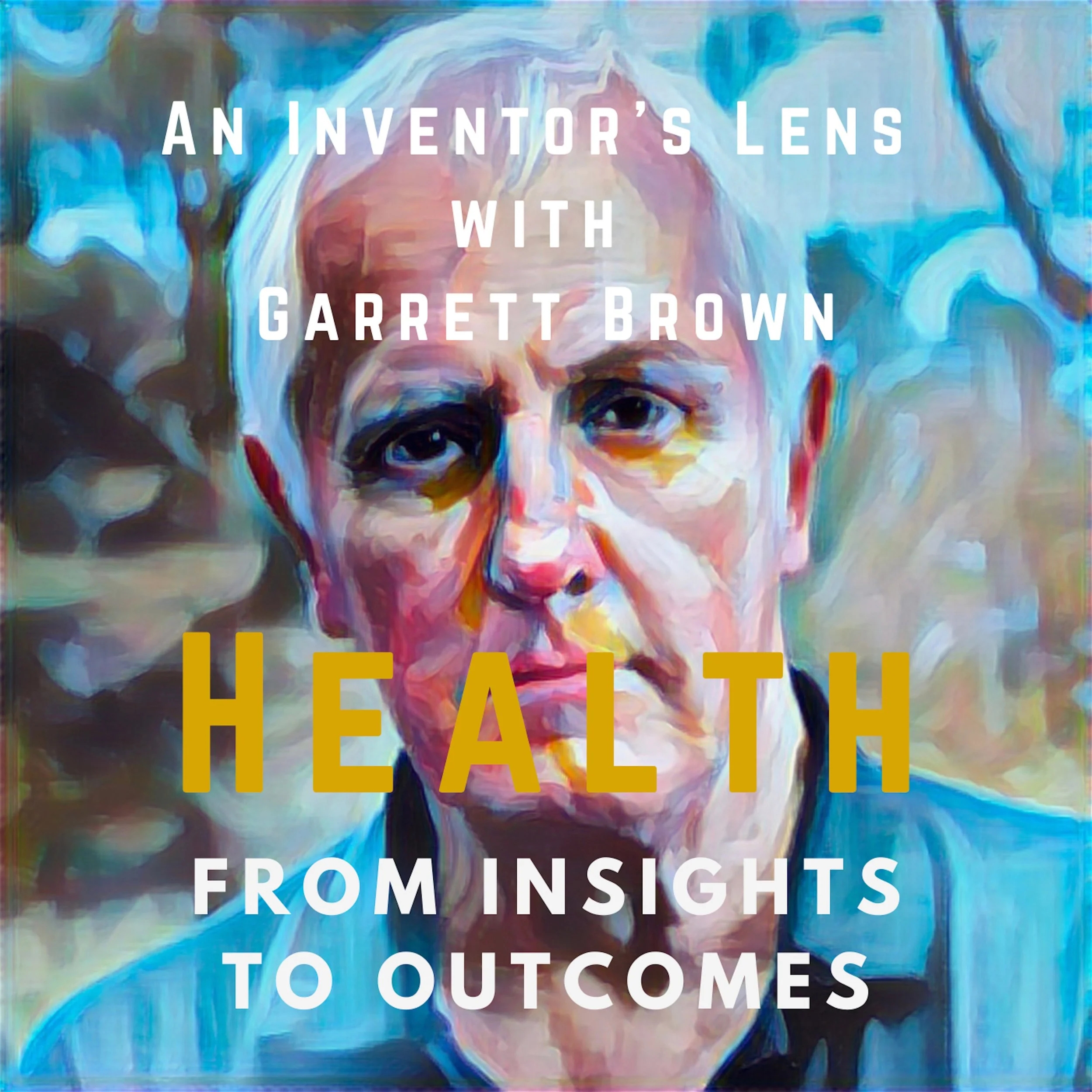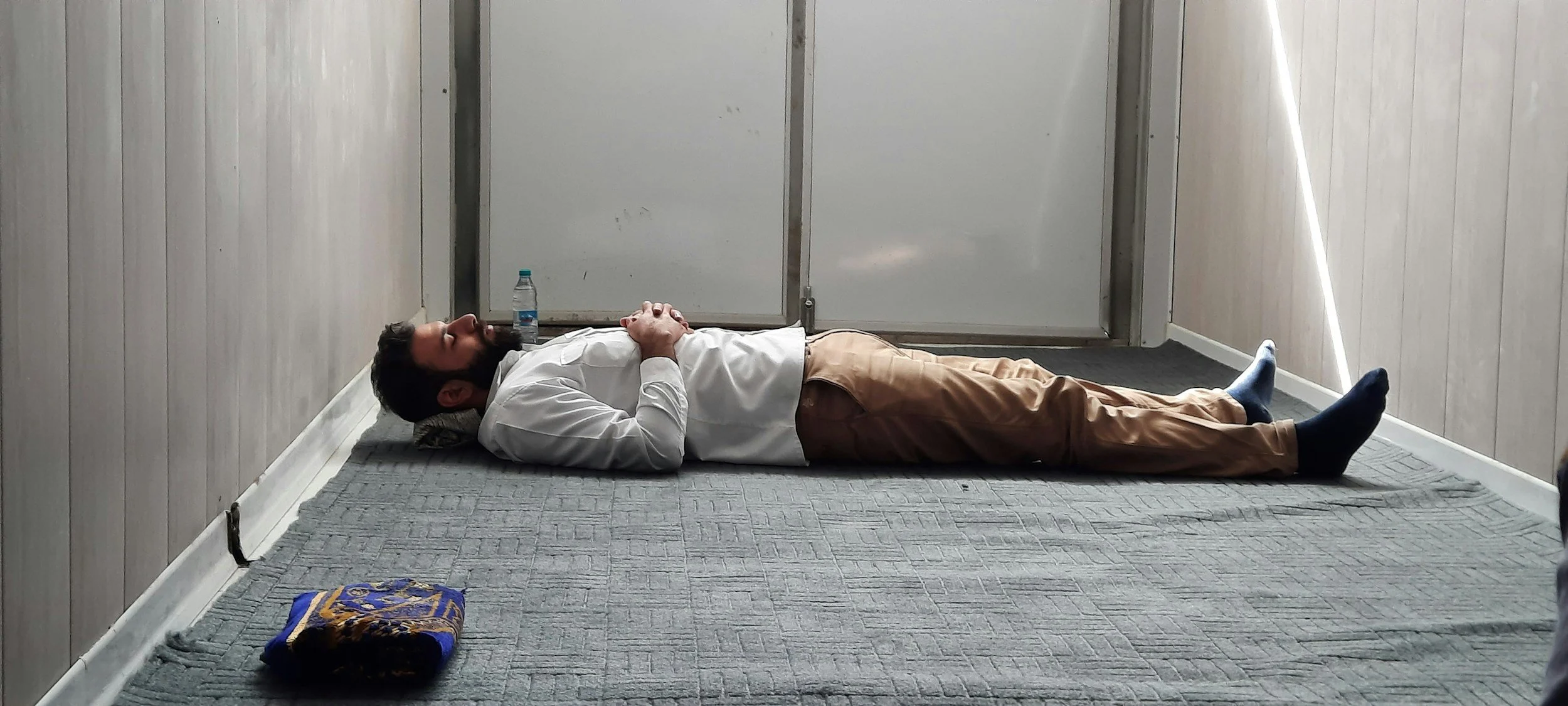Focus on Physicians:
Insights, Ideas, and Strategies
Dressing to Inspire Confidence: My Kevin MD Podcast Conversation
Research suggests that physicians, especially women, are often judged by their appearance as much as their expertise. While this reality can feel frustrating, it also highlights an opportunity: by being intentional about how you dress, you can send signals of approachability, credibility, and professionalism before you even say a word.
You don't have to be uncomfortable, feel restricted, or spend a fortune to maintain a professional wardrobe. As a physician, chances are you spend much of your day on your feet, so your comfort truly matters. With a few small, intentional choices, you can elevate your presence without sacrificing personal style or wellbeing.
An earlier version of this post appeared on this website in March, 2024
On my podcast appearance with Kevin Pho, M.D., we explored a topic that often gets overlooked in medicine: how the way you dress shapes the way that you’re perceived. Although we’d all like to believe that it’s only our skills and knowledge that matter, the reality is that patients, colleagues, and staff naturally form impressions based on what you wear and how you wear it.
Think about it: are your administrators walking around in scrubs? Probably not. They understand that clothing and presentation are part of the unspoken language of leadership and professionalism. You don’t have to like it, but it’s important to understand that there is power in dressing the part. My medical school dean emphasized this lesson back in the 1980s, and while it’s not always taught now, it’s just as relevant today. Like your administrators, he knew that the way you present yourself can convey competence and confidence.
It’s not just outdated speculation. Research suggests that physicians, especially women, are often judged by their appearance as much as their expertise. While this reality can feel frustrating, it also highlights an opportunity: by being intentional about how you dress, you can signal approachability, credibility, and professionalism before you even say a word.
At the same time, professionalism doesn’t have to come at the expense of your comfort or authenticity. In fact, when you feel at ease in what you wear, that confidence translates into how you show up in the exam room, with your team, and in every professional interaction.
In my article on the KevinMD website and in the podcast episode, I offer practical, low-stress ways to dress in a way that aligns with who you are, and how you want to show up. And I share the story of the dapper Dean of Students at Vanderbilt whose exhortations on the importance of attire inspired this article.
Curious to learn more? You can listen to my full conversation with Dr. Kevin Pho below, or find it wherever you get your podcasts.
When Physicians are Disrespected: My Guest Appearance on the Podcast by KevinMD
It was an honor to be invited back to Kevin Pho, M.D.'s KevinMD Podcast.
In this episode, we talk about the epidemic of disrespect faced by physicians today, and steps you can take to advocate for yourself and reclaim your dignity.
When physicians and others in healthcare are treated respectfully, the practice of medicine becomes more sustainable and more inclusive.
If you’re a physician, or anyone active in healthcare today, you have probably heard of Dr. Kevin Pho and his KevinMD podcast and website.
Not only does he offer a curated selection of articles tailored to physicians and others in healthcare, Dr. Pho also hosts a podcast for thought leaders in the medical field. I was honored to be invited back as a guest.
In this episode, which originally aired in October 2023, we talk about the epidemic of disrespect faced by physicians today, and clear steps you can take to advocate for yourself and reclaim your dignity.
This is a topic I wrote about in Preventing Physician Burnout: Reclaiming Your Dignity. An earlier version of the article also appeared on the KevinMD website.
When physicians and others in healthcare are treated respectfully, the practice of medicine becomes more sustainable and more inclusive.
Overcoming Disrespect in Medicine: Protecting Physician Dignity
Treating patients with dignity is a fundamental tenet of our profession. Most of us aspire to create a sense of safety and respect for those in our care. Yet the flip side of this equation is rarely mentioned. And the truth is that physicians are often not treated with dignity by their systems or their patients.
In this article, I’ll go over the fundamental changes that have contributed to disrespect for physicians, and give you five strategies you can use to combat the disrespect and reclaim your dignity.
An earlier version of this article appeared on the KevinMD website in August, 2023.
Treating patients with dignity is one of the cornerstones of our profession. While we’ve all had moments when we—or our colleagues—didn’t quite measure up, most of us genuinely aim to make our patients feel safe and respected. But what about the flip side of this dynamic? It’s not talked about nearly enough: physicians are often not treated with the same dignity by their systems or even their patients.
In this article, I’ll dive into the major shifts that have led to this reality and share five practical strategies to help you push back against the disrespect and reclaim your sense of dignity.
The Roots of the Problem: Disrespect and Breakdown in Advocacy
We’ve been conditioned to expect, and even accept, that patients in distress might lash out, but the toll this has taken on physicians in recent years has been enormous. As recently as five years ago there was still a general expectation of respect for the expertise and sacrifices that a physician’s work entails.
But disrespect from patients is currently at an all-time high, sometimes even escalating to physical violence from patients. A recent study found that more than one third of public health workers in the US experience some form of workplace violence. Examples included stigma or discrimination, job-related threats, and bullying or harassment.
Adding fuel to the fire is the rise of administrative oversight of physicians and their practices by people who may have little experience in direct patient care. Their reach extends not only to metrics and billing, but into personal and professional decisions that once would have been completely off limits.
What’s more, employed physicians may have little say into whether threatening patients can be dismissed from their practices.
And at the intersection of patient and administrative stress are the widely published patient satisfaction scores. While these scores often have no relevance to patient outcomes, they’ve become yet another pressure point, pushing physicians to prioritize arbitrary expectations over doing their best work.
Although physicians are tasked with regular training in sensitivity and respect for patients and employees, they get little instruction in how to protect their own dignity. Often physicians are advised to just let it go.
It’s not unusual for doctors, especially women, to attempt to deal with these situations with passivity and even self-deprecation, in a misguided attempt to get along. Younger physicians who lack strong mentorship may be especially vulnerable to these situations.
Unfortunately, these well-meaning attempts to smooth things over often have the opposite effect. They can actually embolden the bully and do nothing to improve the situation.
The status quo is not sustainable, and it is incumbent on healthcare systems to work to create safe and respectful environments. As a physician, you have more power than you may realize. Here are five ideas that you can implement right now:
How to Reclaim Your Dignity
1. Establish Boundaries
Boundaries are essential for maintaining professional relationships and protecting your sense of self. Being a compassionate and caring physician doesn’t mean being a friend to your patients or colleagues.
Keep a clear line between work and personal life—avoid interacting with patients or administrators on social media, and be intentional about separating the two spheres. Setting clear expectations for respectful behavior can help prevent issues before they arise.
2. Advocate for a Respectful Work Environment
If you don’t stand up for yourself, who will? Open discussions about mutual respect—at meetings or through anonymous feedback systems—can pave the way for change.
Remember, you’re not asking for anything unreasonable. Advocating for policies that address disrespect and burnout can help create a healthier, more supportive workplace for everyone.
3. Strengthen Doctor-Patient Communication
Good communication is at the heart of the physician-patient relationship. By being empathetic and respectful in your interactions, you can set the tone for civility with both patients and staff.
Stay calm during difficult conversations—pause, take a deep breath, and step away if needed. Active listening, showing genuine interest in patients' concerns, and involving them in decision-making can help build trust and respect.
And although the EHR is great tool for communication, keeping EHR messages brief and focused can help to maintain your professional boundaries while addressing patient concerns.
4. Don’t Accept Disrespect
Firmly but politely calling out an incident of disrespect can be a first step towards creating a solution. When an issue persists or escalates, document what’s happening—it’s often more effective than just voicing complaints.
But if you feel that your safety or that of your staff is at risk, don’t allow yourself to be talked into accepting a dangerous situation. If you’re employed, your healthcare system bears responsibility. If your concerns are not addressed, sometimes engaging with and reporting to security or even law enforcement personnel is the best course of action to protect everyone.
5. Take Care of Yourself
Prioritize your own well-being. Make time for self-care, whether it’s through exercise, meditation, or hobbies to help you recharge emotionally and mentally. Mindfulness practices can give you tools that help you to stay present, focused, and composed during difficult encounters, preventing potential escalation.
Don’t overlook the importance of making time for your family, friends and loved ones. By nurturing these ties, you will stay connected to the world outside of your practice.
Reclaiming your dignity as a physician will require commitment and fortitude. While it’s crucial to acknowledge the culpability of our healthcare systems, real change will depend on strong advocacy from physicians like you. By starting with the steps above, you can begin to build a workplace that’s not only more respectful but also more sustainable. And ultimately everyone, including the patients you care for, will benefit.
If you’ve enjoyed this article and would like to stay in the loop for more insights on creating a sustainable, fulfilling, and happy life as a physician, sign up for my newsletter or reach out on my website. I’d love to hear from you.
And if you’d like to schedule a complimentary coaching discovery session, click the button below.
References
































